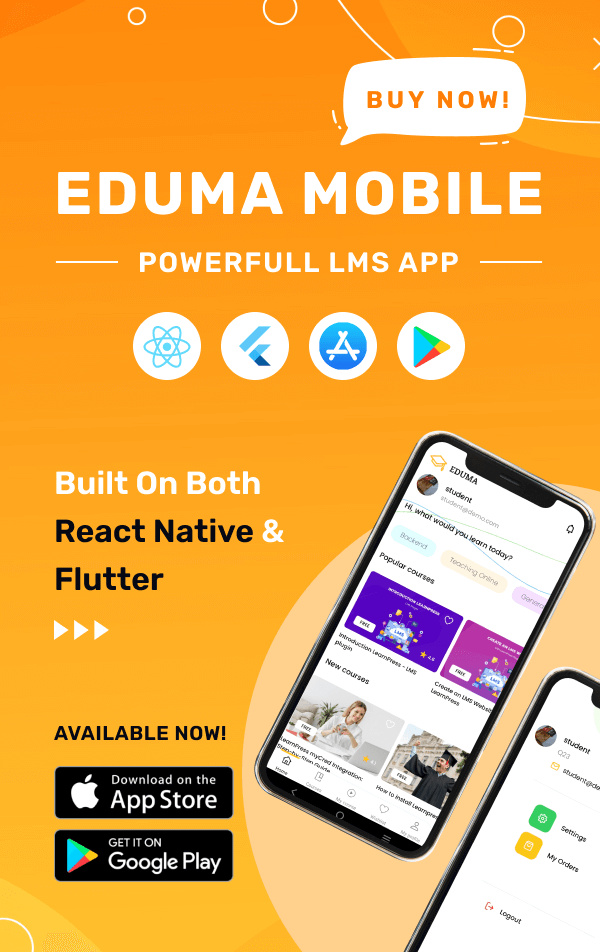

Arabic: Easier Than You Have Been Told!
Arabic: Easier Than You Have Been Told!
When it comes to learning a new مanguage, Arabic often gets a reputation for being particularly challenging. However, this perception is often based on myths and misconceptions. The truth is, learning Arabic can be easier and more rewarding than you might think. Here’s why:
1. Logical Structure
Arabic grammar is known for its logical structure and consistent patterns. Once you learn the basics, you’ll find that many rules apply across the board, making it easier to predict and understand how sentences are formed. For instance, verb conjugations follow regular patterns, and most words are derived from three-letter root words, making vocabulary building intuitive.
2. Rich Vocabulary with Familiar Words
You might be surprised to find that you already know some Arabic words! Words like “sugar” (sukkar), “cotton” (qutun), and “coffee” (qahwa) have Arabic origins. Additionally, Arabic has influenced many other languages, so you might recognize words from languages you already know, making the learning process smoother.
3. Pronunciation is Manageable
While Arabic has some unique sounds, most of them can be mastered with a bit of practice. Moreover, Modern Standard Arabic, which is used in formal settings and media, has a clear and standard pronunciation. With the right guidance and practice, you’ll find that these sounds become second nature.
4. Consistent Reading and Writing Rules
Arabic script might look complex at first glance, but it is highly phonetic, meaning words are pronounced exactly as they are written. Once you learn the alphabet and the sounds associated with each letter, reading and writing in Arabic becomes straightforward. Unlike English, there are no silent letters or irregular spellings.
5. Immersive Learning Opportunities
With the rise of digital media, you have access to a wealth of resources to immerse yourself in the Arabic language. From Arabic TV shows and movies to online courses and language exchange platforms, you can practice listening, speaking, reading, and writing in a fun and engaging way.
6. Cultural Richness and Connection
Learning Arabic opens up a window to a rich cultural heritage. The Arab world has a long history of contributions to art, science, literature, and philosophy. Understanding the language gives you direct access to this wealth of knowledge and allows you to connect more deeply with Arabic-speaking communities.
Tips to Get Started:
- Start with the Basics: Focus on learning the Arabic alphabet and basic pronunciation.
- Practice Regularly: Consistent practice is key to language learning. Dedicate a few minutes each day to practice.
- Use Language Apps: Utilize language learning apps and websites for structured lessons.
- Watch Arabic Media: Engage with Arabic movies, and series to improve your listening skills.
- Find a Language Partner: Practice speaking with native Arabic speakers or fellow learners.
Final Thoughts
Don’t let the myths about Arabic being an incredibly difficult language hold you back. With the right approach and resources, learning Arabic can be an enjoyable and attainable goal. Whether you’re interested in Gulf Arabic or Modern Standard Arabic, taking the first step today can open up a world of opportunities tomorrow.
Categories
Archives
You May Also Like
-
-
January 20, 2024

